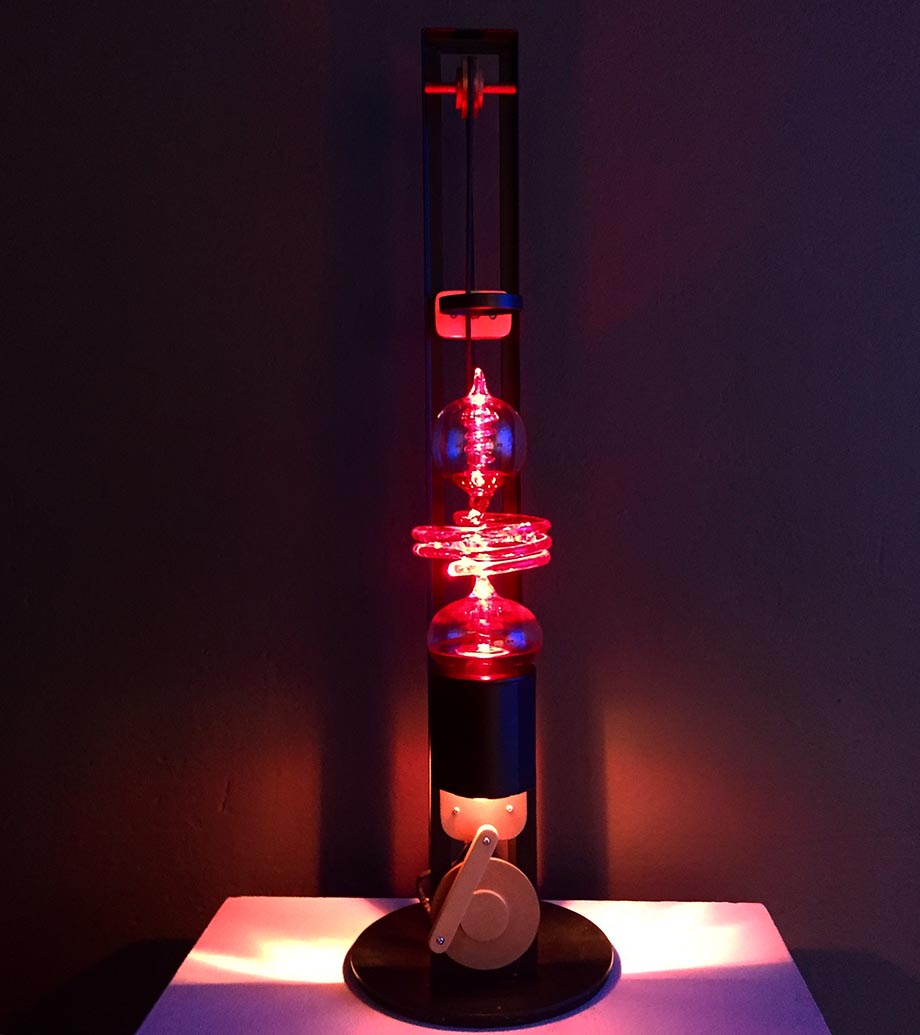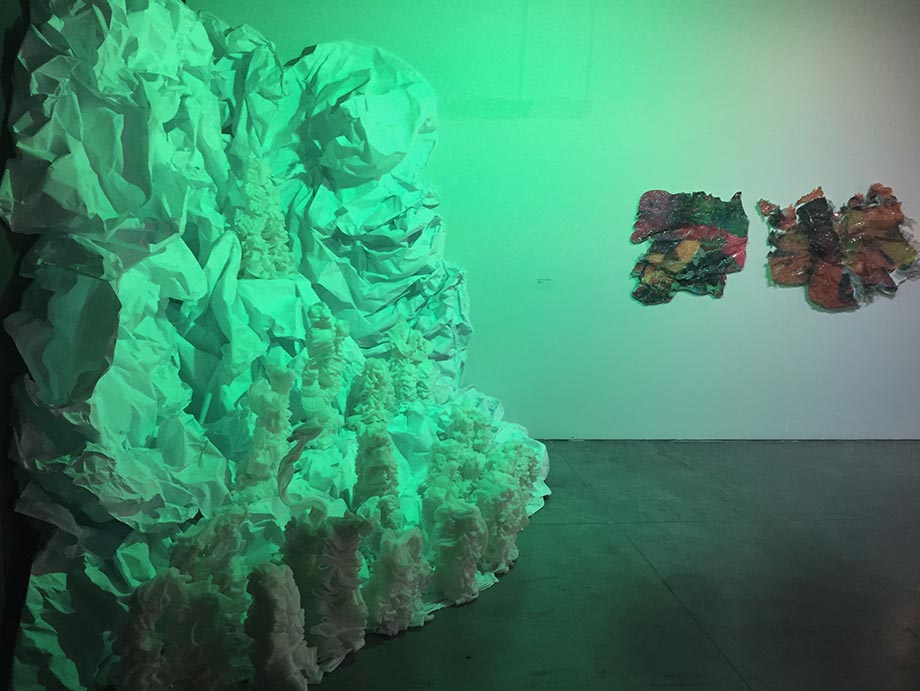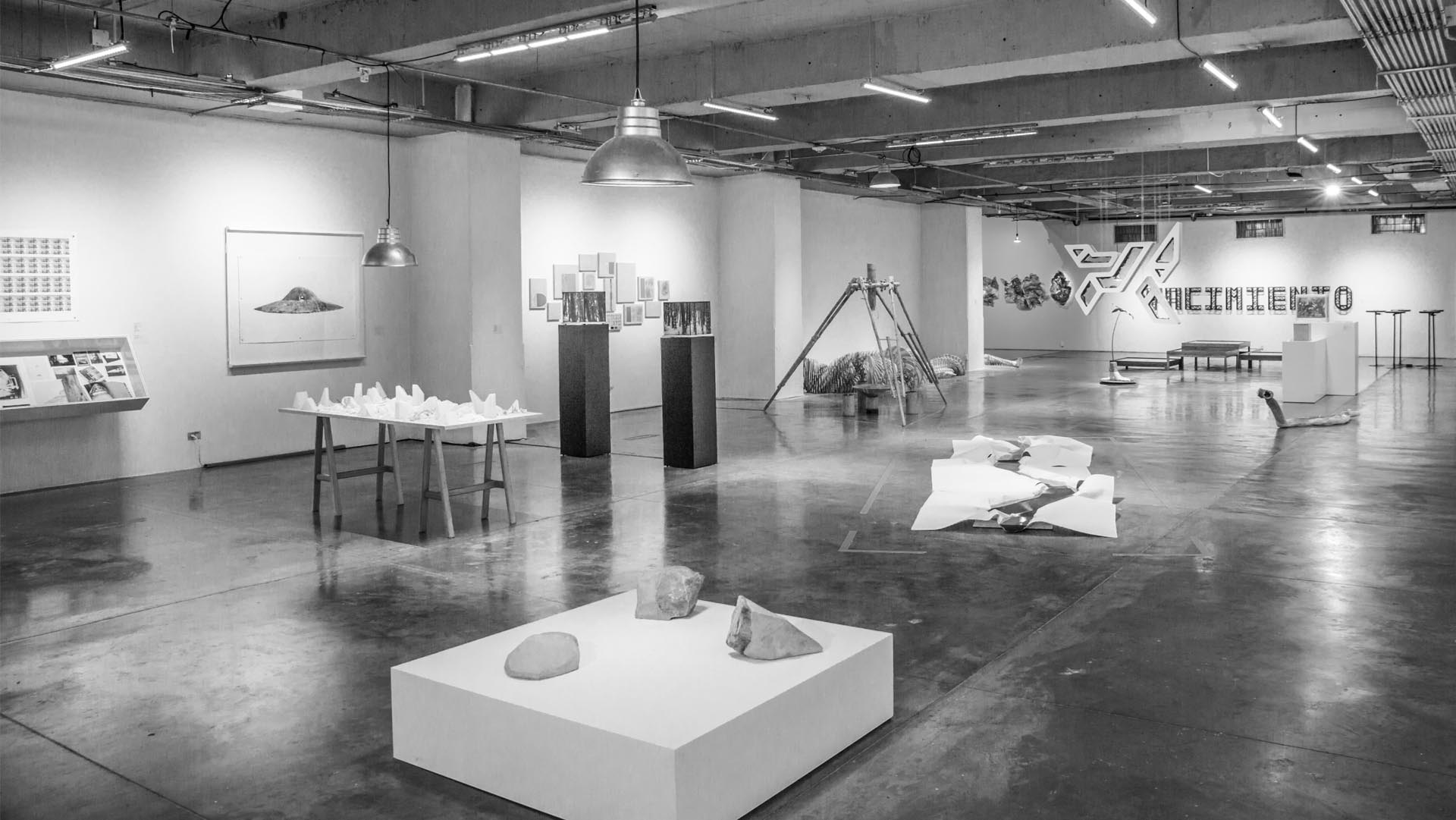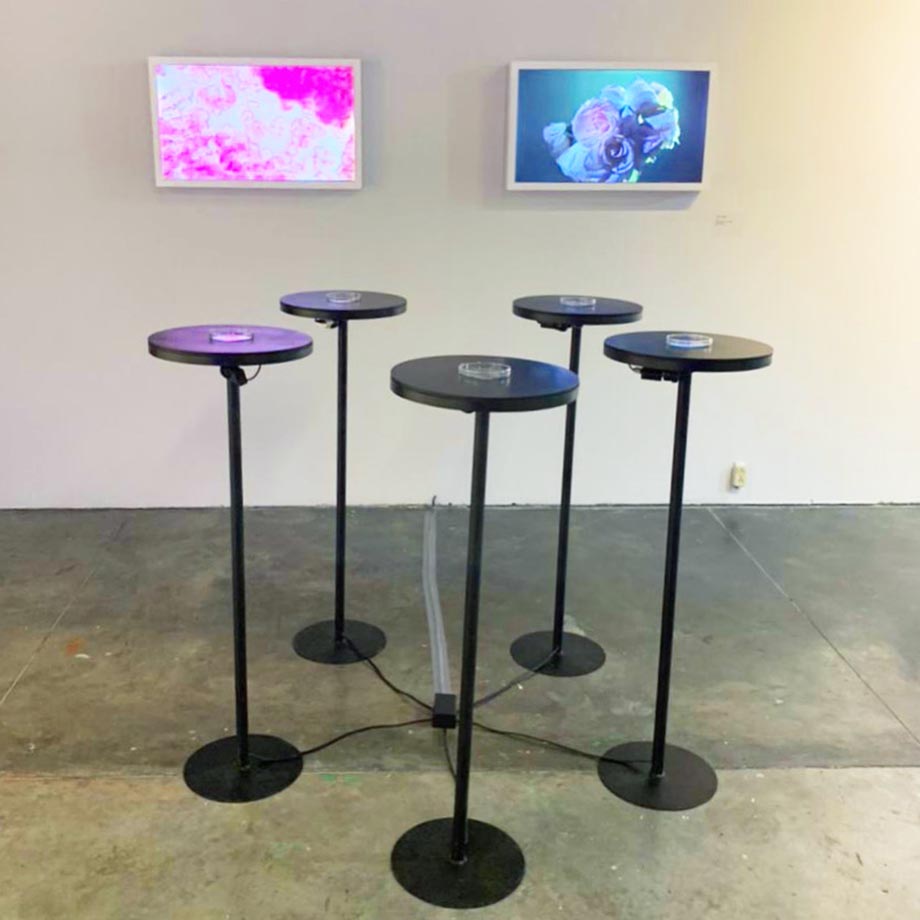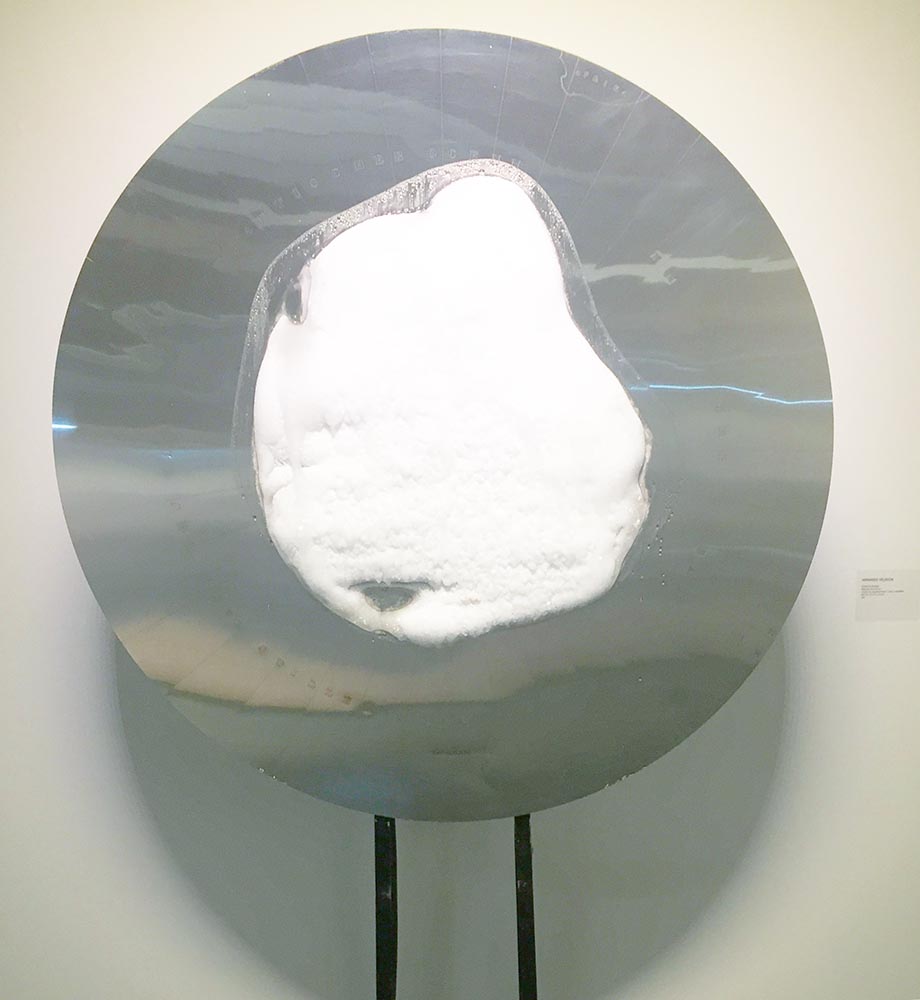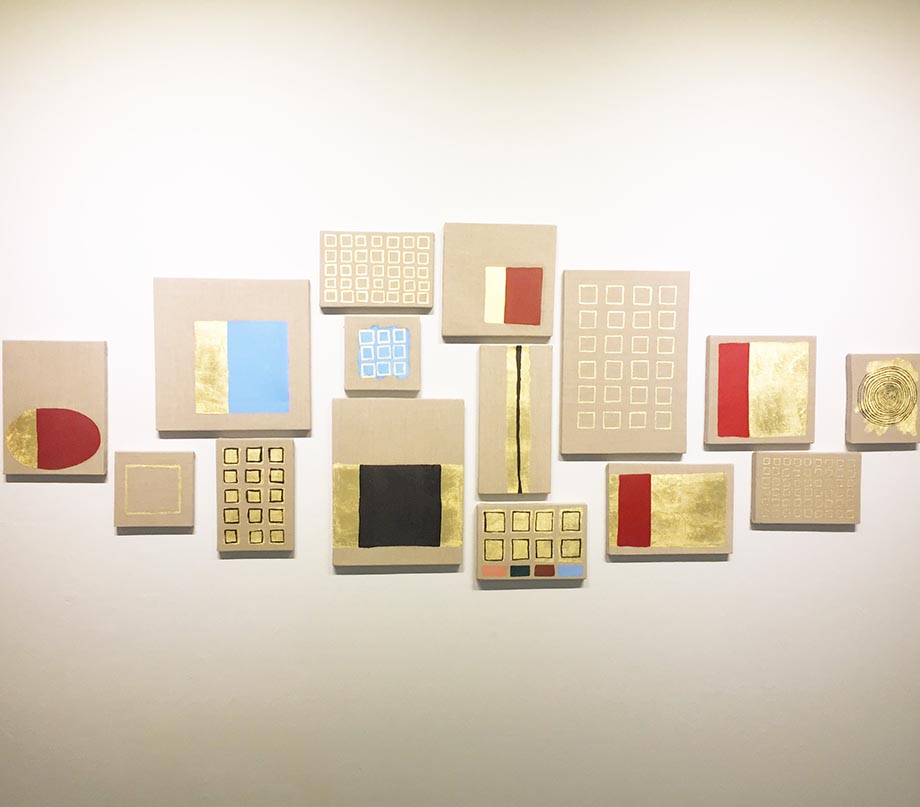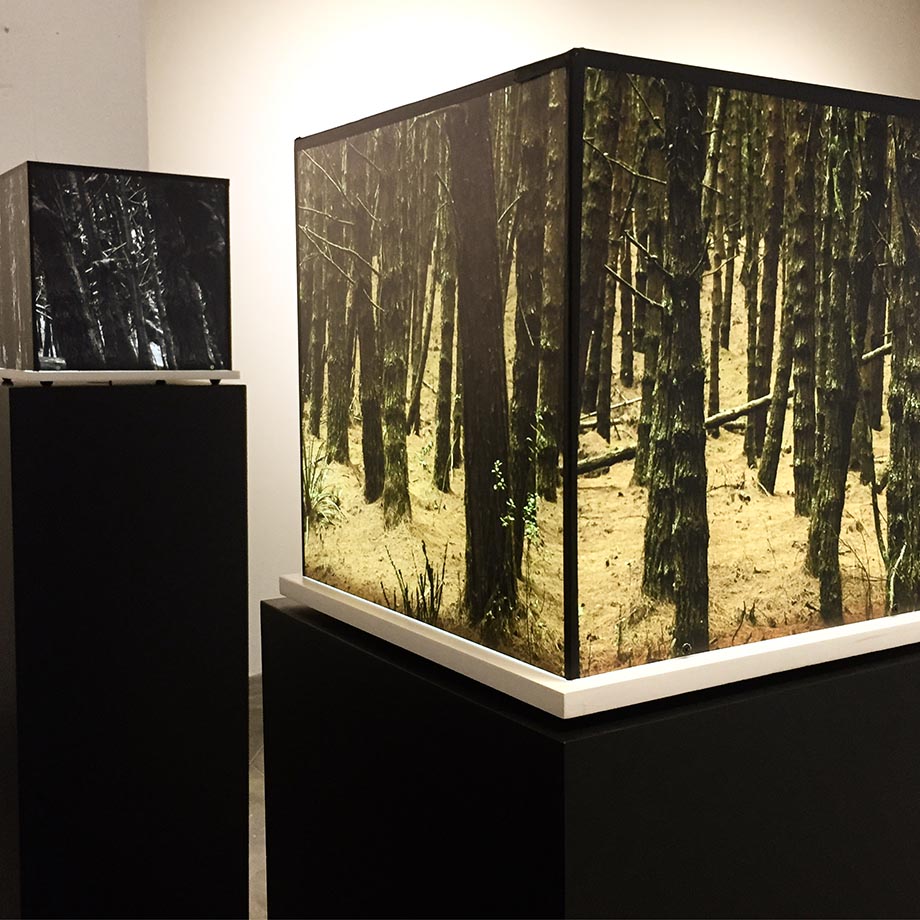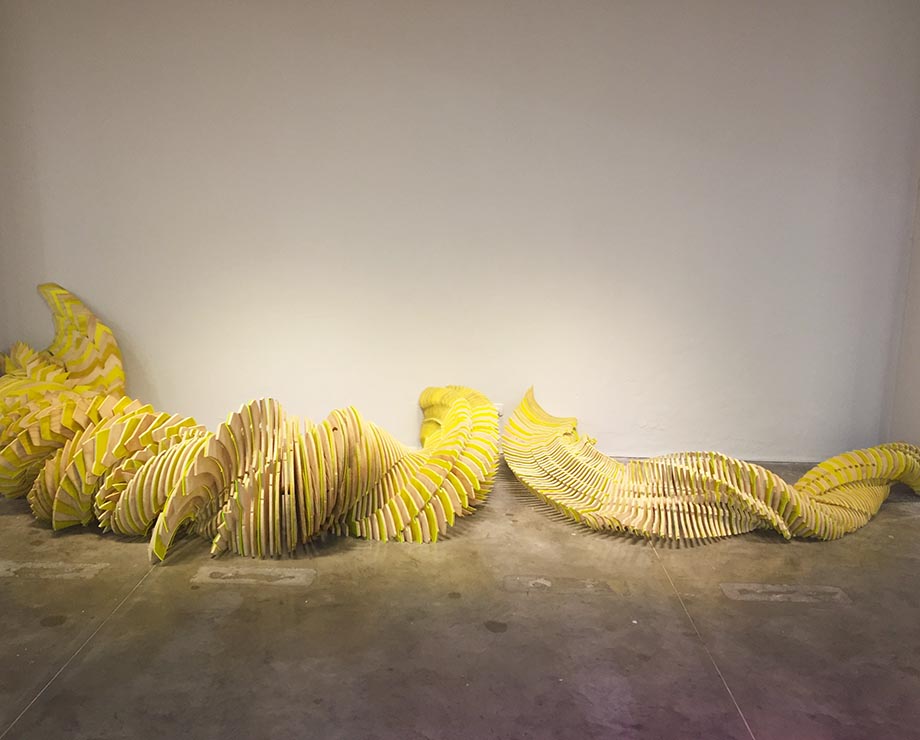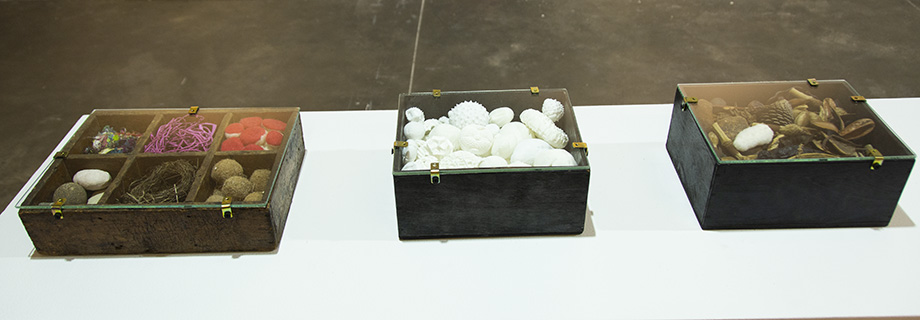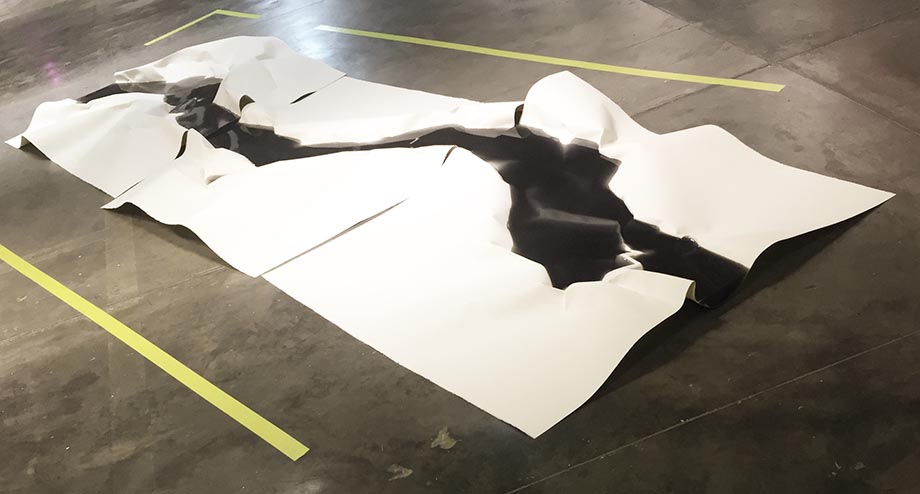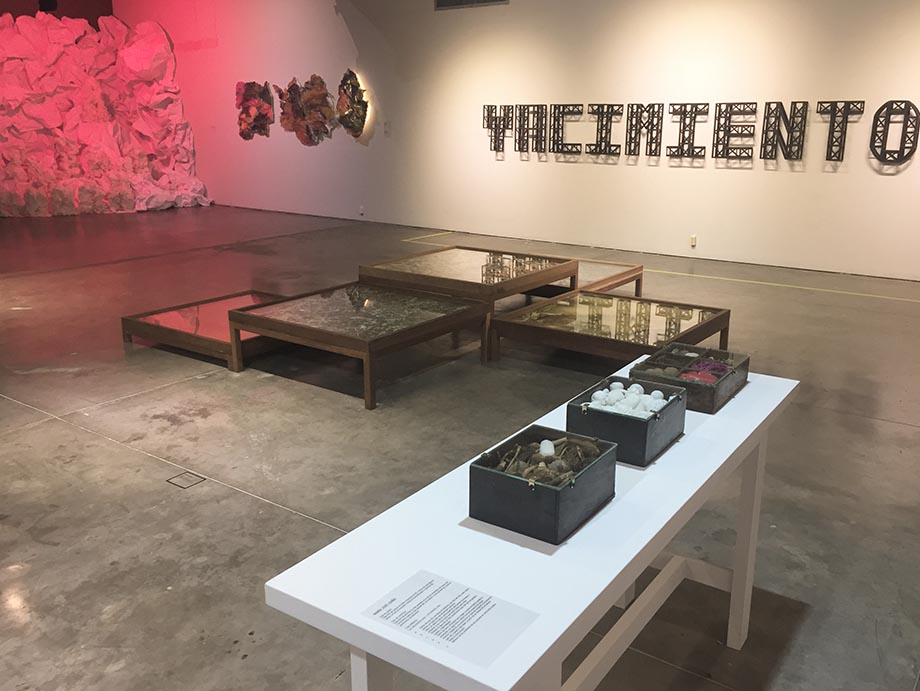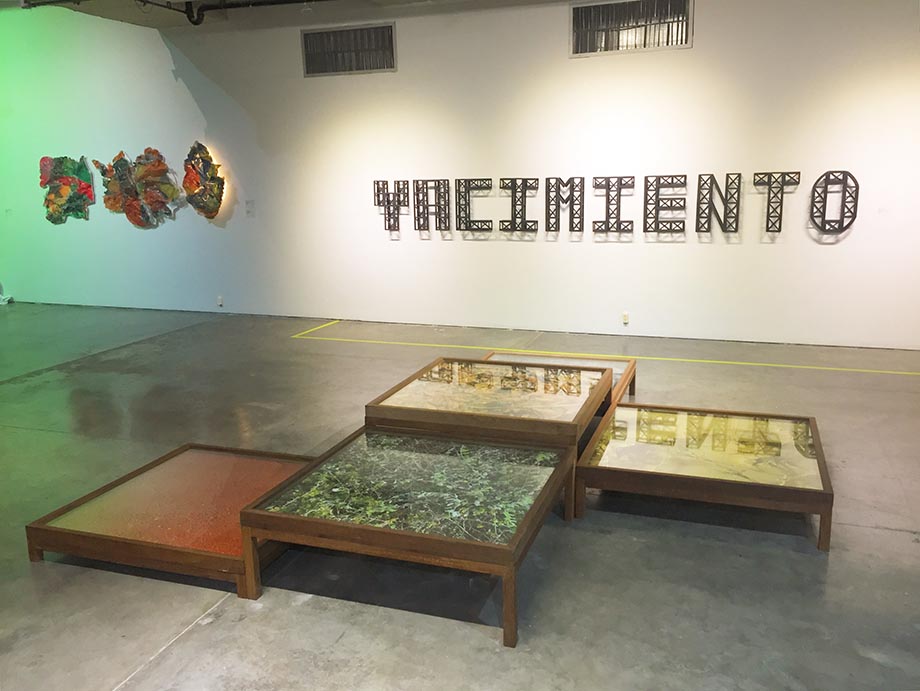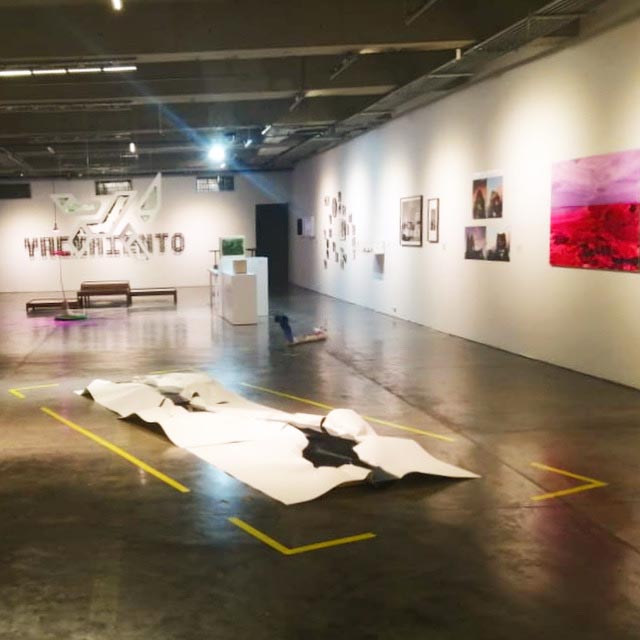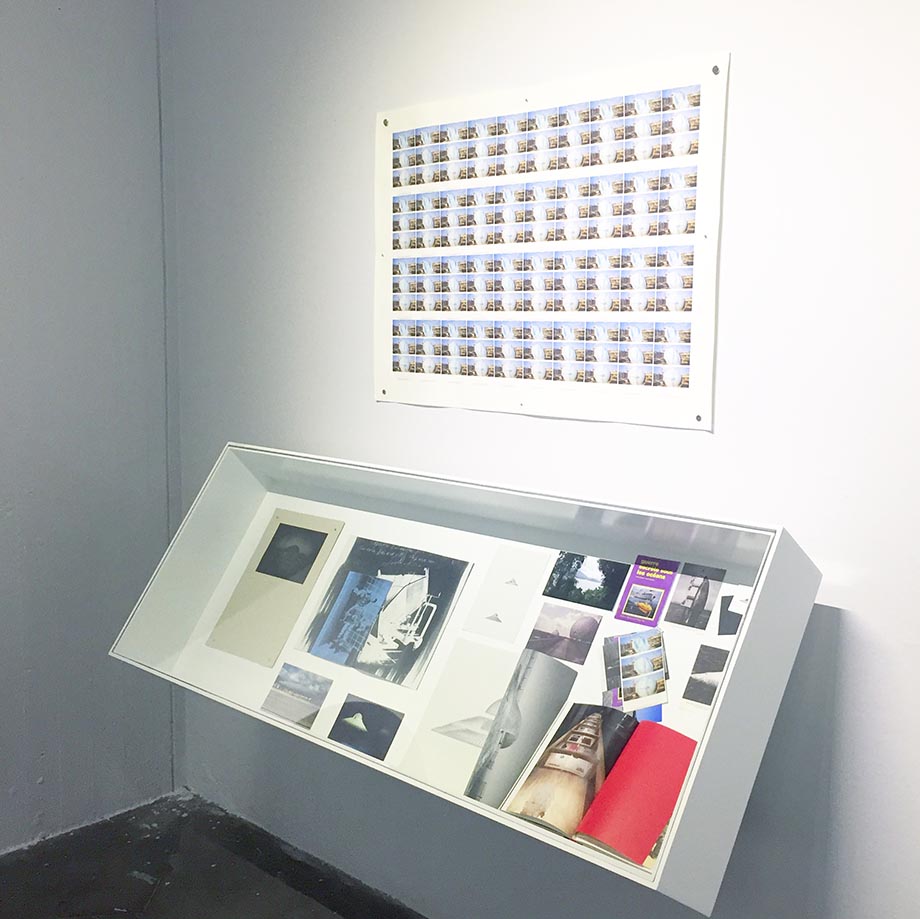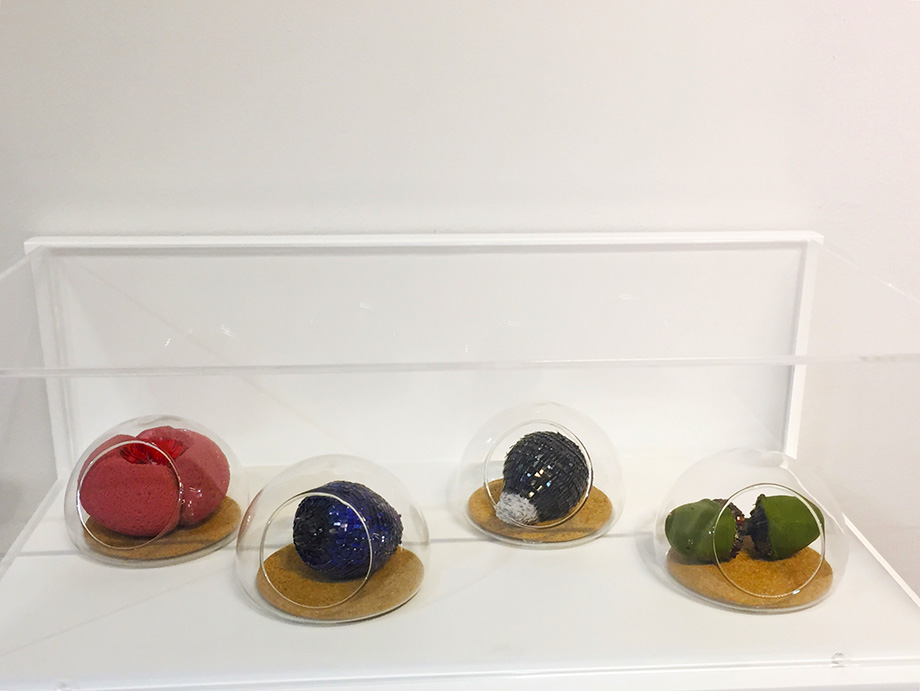TRANSITION TOWARDS A PLANETARY CIVILIZATION
Artists:
Juan Covelli
María Fernanda Cardozo
Laura Colmenares Guerra
María Angélica Madero
Nicolás Cárdenas
Juan Walker
Juan José García
Rosell Meseguer
Álvaro Lacouture
Álvaro Diego Gómez
Ximena de Valdenebro
Aníbal Gomescasseres
Johanna Arenas
Adriana Marmorek
Alicia De La Torre
Hernando Velandia
Juan Melo
María José Leaño
Andrés Layos
Joel Grossman
Karen Aune
Javier Barrios
Felipe Lozano
CArmen Gil
Saúl Serrano
Miler Lagos
Yury Forero
Widy Ortiz
sascha Geddert
Curator: John Ángel Rodríguez
This curatorial project comprises two components: a thinking laboratory and a group exhibition, with works commissioned specifically for this setup
One of the challenges humanity must face is to forge an appropriate and balanced “Transition towards a Planetary Civilization,” where our species can coexist with the different forces on the planet, controlling, understanding, and coordinating its elements in a balanced way, contributing symbiotically to the various ecosystems. In this dynamic, this laboratory will provide theoretical and practical instruments to make speculative or hypothetical proposals to address the global crisis.
Thinking laboratory
The academic components of the laboratory will explore topics and concepts extracted from fields outside of art, such as astrophysics, biology, and sociology. The contents will be presented within a cooperative dynamic, allowing the terms that will be presented: Maria Jose Leaño, Santiago Vargas, Santiago Andrés Torres, Felipe Castelblanco, Carmen Gil, and Camila Gonzalez, to be applied creatively. Therefore, each theme incorporates a specialized guest and case studies, which will enrich creative production within the laboratory, understanding creativity as a process that occurs in different areas of knowledge.
Collective Exhibition:
ENTROPIC SYMBIOSIS
The works exhibited in “Entropic Symbiosis” invite the viewer to establish connections and interpretations that precede traditional narrative and hermeneutical discourse in the history of art, enabling a new form of dissertation and renewing the contemplative experience.
Technology allows us to overcome some of the obstacles that human vision cannot categorize or understand. Technological devices help us transcend perceptual limitations; this manoeuvring has changed cognitive processes and become an alternative model to understand the dimension in which we are immersed and consequently to recognize the existence of other forms of life. Accepting the complexity of matter will allow us to discover an extensive series of Symbioses, both organic and synthetic.
While entropy reveals magnitudes between different micro and macro states, whose arrangement of elements implies a systematic balance and organization of matter, the symbiosis of knowledge is a component that enables artistic methodologies to move towards new transversal research models. Therefore, accessing sources of techno-scientific reference can not only expand our world but also consciously expand our notions of how we should relate and interact with the environment.
In the molecular age, matter has been reinterpreted; now, we can understand it as a conglomerate of particles of different kinds. This definition has allowed us to carry out different transformations and experiments. This method of using matter in art has been called “Molecular Aesthetics.” The application of these terms to the creative context allows us to understand matter from different territories and discourses; both the categories and the ways of describing a piece of art have changed substantially. This curatorial project exhibits a series of works that treat matter in different ways; on the one hand, we find pieces made in different media and others where the artistic procedure obeys an investigation, which references areas of knowledge other than those of the arts (geochemistry, microbiology, neurology, and quantum physics).
With this initiative, we aim to make it evident that there are different forms of life, cellular and molecular configurations. Elements whose origin and functioning we still do not fully understand. Perceptual dimensions that we cannot yet discern, nevertheless coexist in parallel, and although we cannot determine their territory of convergence exactly, it is also incorrect to ignore their existence and place in our universe. It is within this time interval that the works of art exhibited here can serve as a threshold to these strange constructions of matter.
This situation can be glimpsed by the viewer conducting an exploration of the artistic proposals, where they will find a wide range of modified, altered, and synthetically replicated natures.
In conclusion, “Entropic Symbiosis” invites the observer to carefully inspect the exhibition space and to consider the existence of unknown life forms because the works presented here formulate a mutation and alteration of matter, from a molecular perspective, to envisage how we will be able to erect an appropriate and balanced transition towards a planetary civilization.



























